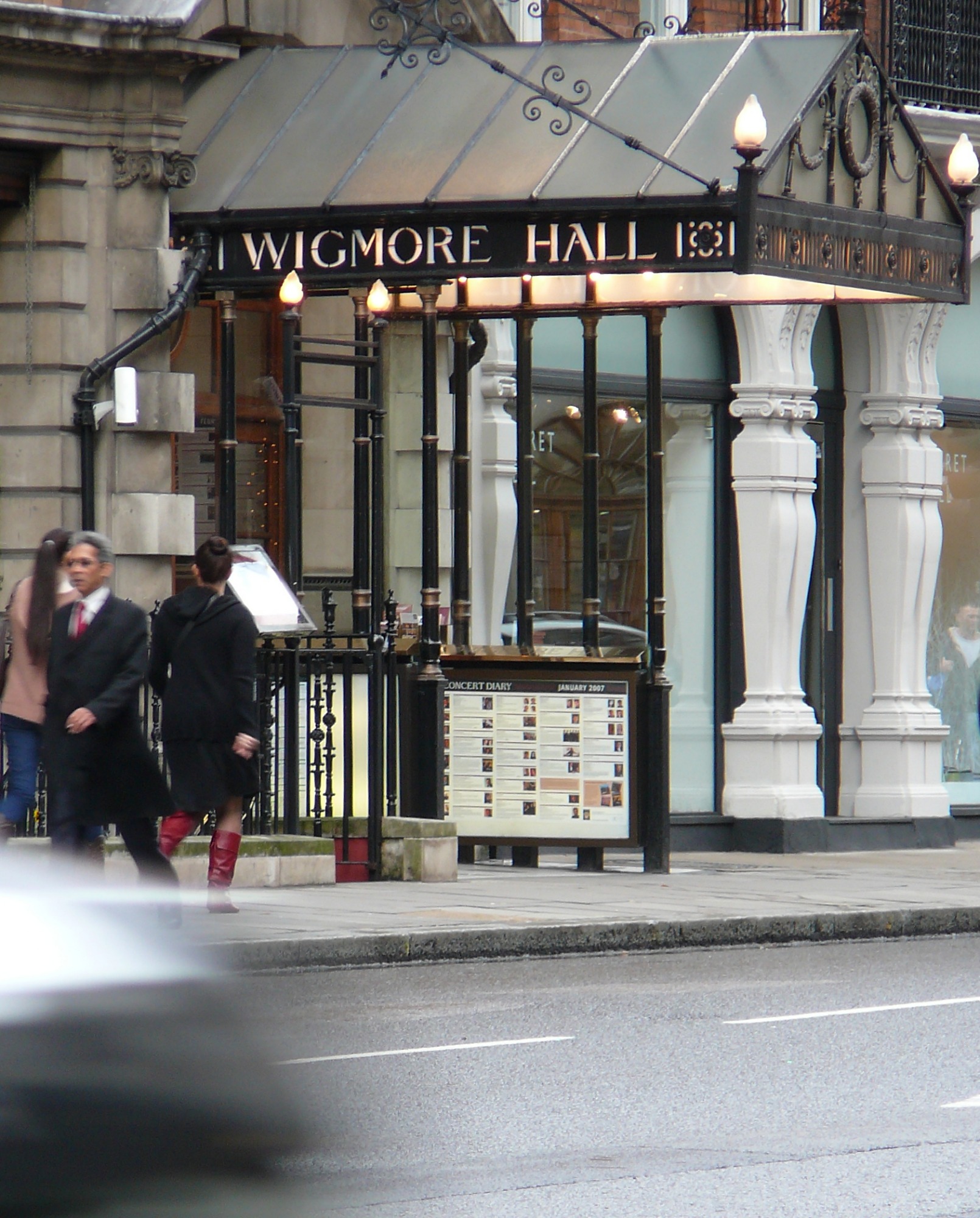Schwarz was born in St Petersburg, but his family emigrated to Berlin in his youth. Schwarz emigrated to the US in 1936. Starting from the 1950s, he made several extended trips back to Russia to conduct musicological research. The result is his mammoth book. It was greatly celebrated, including an award from the American Society of Composers, Authors, and Publishers' in 1973.
Perhaps the most impressive detail is how comprehensive Schwarz managed to be; he includes details on just about every Soviet composer you could think of.
For many decades, Schwarz's paragraphs on Weinberg were the sole extent of public knowledge of his life and music (including its many inaccuracies!) Thankfully, this has long since not been the case. That said, I reproduce below the page or so that Schwarz included on Weinberg. It is something of a curio to consider that for decades, this was the most known about Weinberg and his music:
Another composer who deserves wider attention abroad is Moissei Vainberg [sic]. Born in 1919 in Warsaw, he received his musical education in Poland. When his country was overrun by the Germans in 1941, Vainberg sought refuge in the Soviet Union and eventually settled in Moscow. He is one of the few Soviet composers of Jewish origin who has achieved genuine equality among his colleages: he is extremely well liked and receives many commissions and performances. In contrast to the older generation of Jewish-Russian composers who stressed their Jewishness (among them Engel, Achron, Krein, Veprik, Gnessin), the younger generation does not limit itself ethnically. Composers like Lev Knipper, Yulian Krein, Boris Kliusner, and Vainberg have acquired a Russian or international musical idiom. In Vainberg's music, there is neither avoidance of, nor stress on, Jewishness; some of his works contain elements of Jewish folklore, while others employ a musical idiom related to Shostakovich and Bartók.
After the 1948 decree, Vainberg enjoyed the doubtful privilege of being praise by Khrennikov for his 're-orientation' - enough to ruin anyone's career - when he reviewed the accomplishments of the year 1948:
'A shining proof of the fruitfulness of the realistic path is the Sinfonietta by Vainberg. As a composers, Vainberg was strongly influenced by modernist music which badly mangled his undoubted talent. Turning to the sources of Jewish folk music, Vainberg created a bright, optimistic work dedicated to the theme of the shining, free working life of the Jewish people in the land of Socialism. In this work Vainberg has shown uncommon mastery and a wealth of creative imagination'.
Among Vainberg's best works is his Second Sinfonietta, composed in 1958 for Rudolf Barshai and the Moscow Chamber Orchestra. In addition, Vainberg has written eight smyphonies, eleven string quartets, some twenty sonatas for various instruments, several concertos, and various chamber music works with piano, including an impressive piano quintet. Whether his style is strong and personal enough to win acceptance abroad is still untested since hardly any of his music has been heard in the West'.Boris Schwarz, Music and Musical Life in Soviet Russia: Enlarged Edition, 1917-1981 (Bloomington, Indiana: Indiana University Press, 1983) 294-295.





























